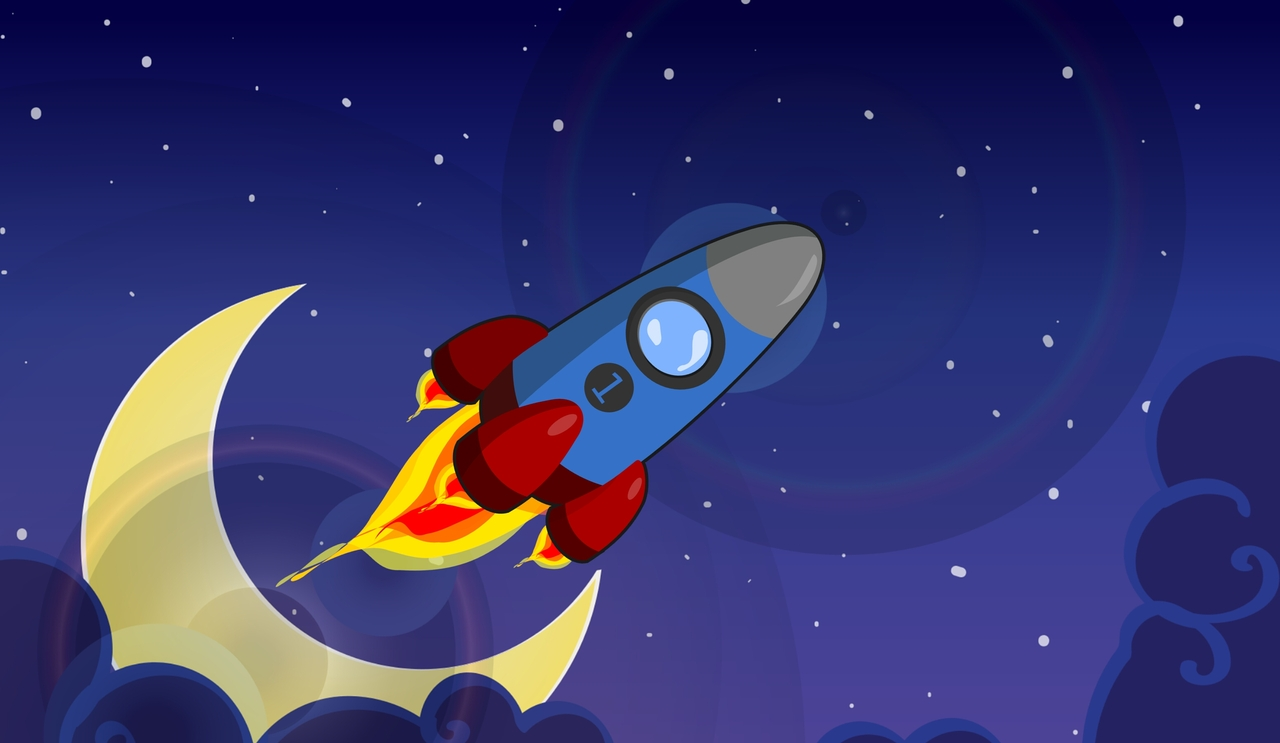At the forefront of scientific and technical endeavors are two interwoven topics: space exploration and colonisation. Space colonisation is the process of creating human settlements beyond Earth, whereas space exploration is the investigation and study of space and celestial bodies. The desire to increase humanity’s potential, understanding, and reach motivates each of these areas.
Space Travel:
trips to other planets: In order to better understand the composition, atmosphere, and possibility for life on other planets, such as Mars, Venus, and Jupiter, space exploration includes robotic and human trips to these locations.

Sending telescopes and probes beyond our solar system to investigate far-off stars, galaxies, and cosmic phenomena is known as deep space exploration.
Research in space: Thanks to its special microgravity environment, the International Space Station (ISS) acts as a laboratory for a range of scientific investigations, from materials science to biomedical research.
Space Exploration:
Mars colonisation: SpaceX and NASA are leading the way in their ambitious plans to construct human colonies on Mars. This entails building sustainable infrastructure, generating resources locally, and establishing livable surroundings.
Moon colonisation: For a very long time, space exploration has viewed the Moon as a stepping stone. Plans call for using the moon’s resources—such as water and ice—for fuel and life support in lunar settlements.
Space habitats: Large, rotating space habitats that could support self-sustaining human societies in space are proposed by ideas like O’Neill cylinders and Stanford tori, which go beyond planetary colonisation.
Terraforming: Terraforming is the process of changing a planet’s environment to make it more habitable for humans and more like Earth. This is a theoretical and long-term idea.
Technologies and Difficulties:
Radiation protection: One major obstacle to deep space exploration and colonisation is cosmic radiation. To lessen its effects, technologies such as medical countermeasures and shielding are being developed.
Life support systems: For extended space voyages and colonies, the development of self-sustaining life support systems is crucial. Technologies for producing food, producing oxygen, and recycling water are essential.
The on-site fabrication of tools, spare parts, and building materials using local resources is made possible by 3D printing and in-situ resource utilisation (ISRU). This eliminates the need for expensive and logistically challenging supply missions.
Human factors: Astronauts may have considerable physiological and psychological effects during extended space flights. Maintaining crew well-being requires research on human aspects, including social dynamics, mental health, and physical activity.
In conclusion, space travel and colonisation, which push the limits of scientific understanding and technical capacity, are humanity’s next frontier. We confront many obstacles on our journey into space, but the rewards we stand to gain—from scientific breakthroughs to the preservation of our species—make these efforts essential to our future.
Of course! We can talk more in-depth about the following further facets of space exploration and colonisation.
Commercial Spaceflight:
The public may now access space travel thanks to the rise of commercial enterprises like Virgin Galactic, SpaceX, and Blue Origin. Talk about the ways that commercial spaceflight, from satellite launches to human spaceflight, has altered the face of space exploration.
Space Law and Policy:
The exploration and colonisation of space present difficult legal and moral issues, such as the control of space trash and property rights on celestial bodies. Examine the international accords and treaties that control spa
ce activity and whether new rules are required to meet changing needs.
Extraterrestrial Life:
One of the main concerns in space travel is the hunt for life beyond Earth. Talk about the methods and projects used to look for evidence of life, such as the study of exoplanets in the habitable zone and the search for biosignatures by the Mars rovers.
Space Tourism:
Although it is still in its early stages, space tourism has the potential to grow into a sizable sector of the economy. Talk about the benefits and difficulties associated with space tourism, including the impact on space traffic management and the construction of spacecraft for civilian use.
Space Elevators and Space-based Infrastructure: To move goods and people into space more effectively, some suggest building space elevators or utilising tethers. Talk about the possibilities for extensive space-based infrastructure as well as the difficulties and viability of such notions.
Educational Outreach:
People all across the world are fascinated with space travel and colonisation. Talk about how inspiring public participation and educational outreach can be for the future generation of engineers, scientists, and space enthusiasts.
Environmental Sustainability:
It’s critical to take the environment into account as we increase the scope of our space activities. Talk about sustainable practices for space travel and colonisation, such as reducing waste and protecting the integrity of celestial planets.
Ethical Considerations:
We need to think about the moral ramifications of our space travel. Talk about the moral conundrums that come with space travel and colonisation, such as the possibility of spreading Earth microorganisms to other planets or the fair allocation of space resources.
International Cooperation:
Space exploration and colonisation are, by their very nature, cooperative projects requiring international cooperation. Talk about the advantages and difficulties of international cooperation in space exploration, including the sharing of resources and knowledge as well as the resolution of diplomatic and political problems.
Impact on Culture and Society:
Space exploration has a significant influence on our society and culture. Talk about the ways that space travel and colonisation have shaped our worldview, stimulated creativity, and promoted worldwide collaboration.
These subjects offer a comprehensive summary of the complex nature of space exploration and colonisation. We may delve deeper into each of these, showcasing the developments, difficulties, and possible ramifications for our future in space.

Your article was a joy to read. It’s rare to find such engaging and well-researched content.
Your post is a treasure trove of information. It’s evident you’ve put a lot of research into it.